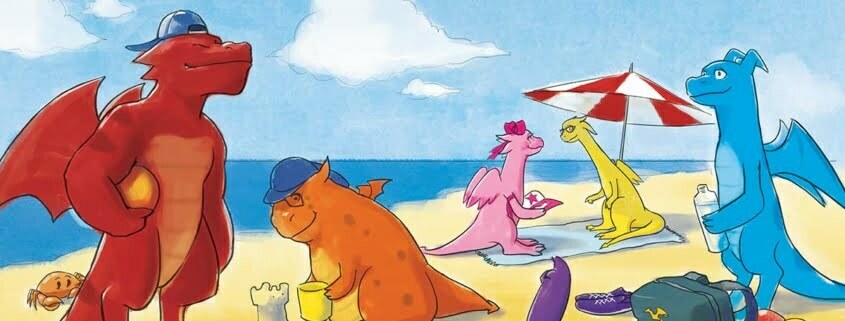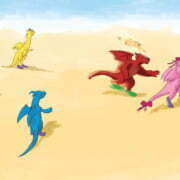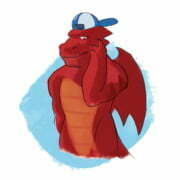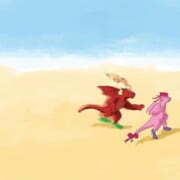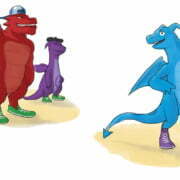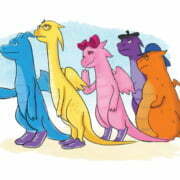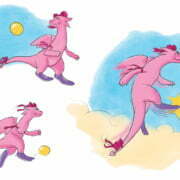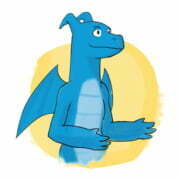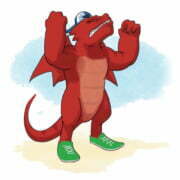Development of Game ON
Game ON is a children’s book created to encourage resilience in our young ones.
Learn about the development of Game ON below
The first book in the series about Dusty and Friends, Game ON, is informed by, and designed in conjunction with, the resilience and positive psychology literature. Game ON was designed to demonstrate conflict resolution and anger management by using positive coping strategies through a strengths-based approach. Game ON aimed to achieve this through the creation of fun-loving characters that act as role models for children. The characters mimic a scenario, fuelled with conflict, which the children can relate to so as to evoke interest and engagement into the story.
Throughout Game ON, the characters demonstrate the power of staying solution focused with outcomes, the importance of regulating emotions, taking time to think through decisions with reflection rather than a reactive response and building awareness of empathy regarding how our behaviours affect our personal and social environment. Game ON aims to promote autonomy and responsibility in children through independent decision making (assessing consequences associated with actions), by teaching positive communication and establishing a process of critical thinking. Game ON provides an opportunity for children to understand what a positive, peer-mentored relationship may look like in comparison to a relationship that may reduce the individual’s level of resilience.
One of the emerging requirements in the new PDHPE K–10 syllabus, within the Health, Wellbeing and Relationships strand, Self-Management, skills (S), identifies that children must learn to communicate through stories or characters that can convey their feelings and reactions when facing challenges. Game ON provides this skill base for children. Like communication, most of the paradigms built into this resource are distinctly recognisable as resilience-building exercises, in accordance to the GRP. One of the essential and imperative components of this resource that helps to facilitate behaviour change is the process of reflection, with actions in conjunction with Kolb’s learning theory. Embedded in all three books across the Dusty and Friends series is Gibbs reflective cycle.

